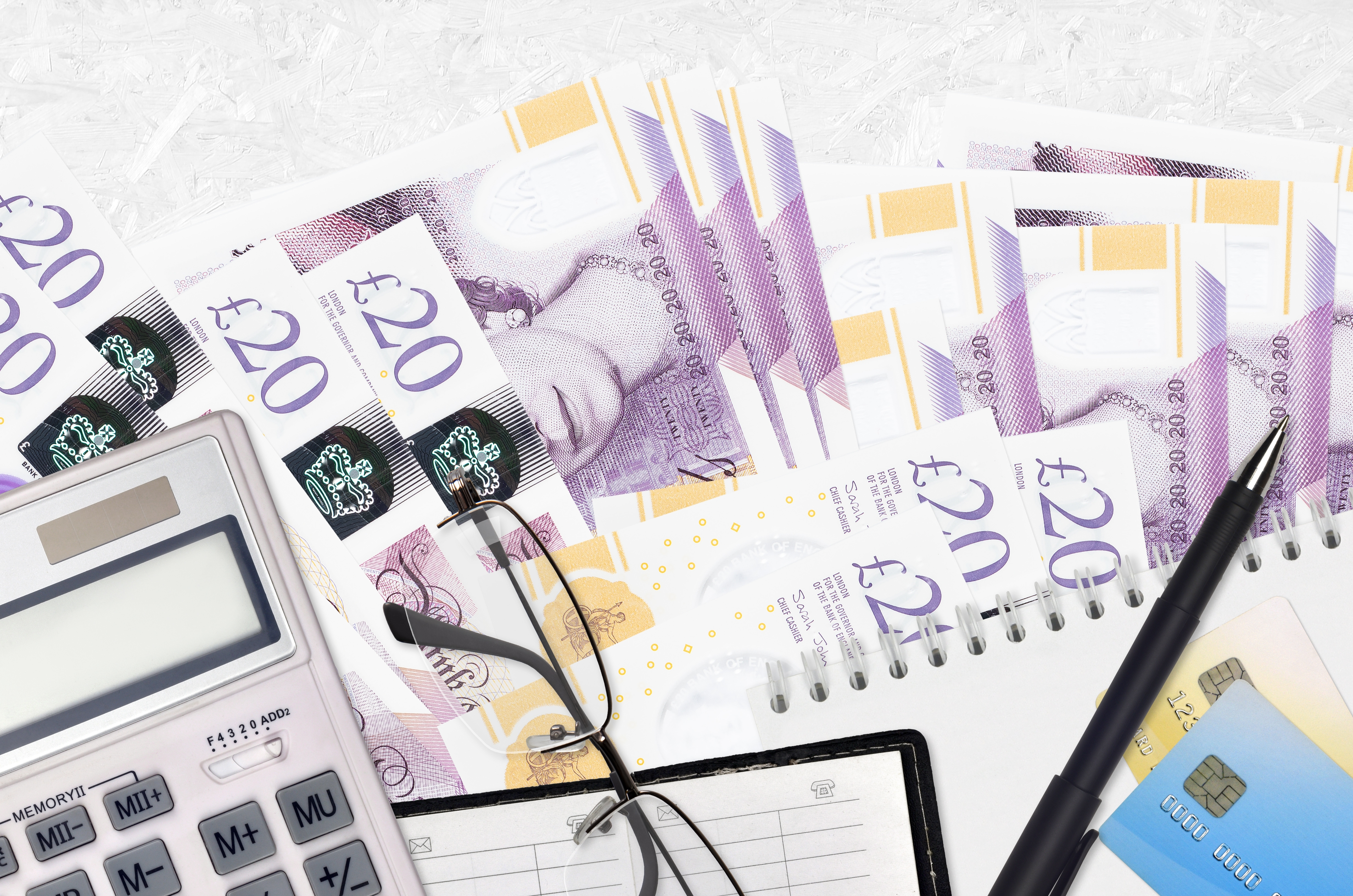What Affects a Business Credit Score?
If you are running a business, you will probably be aware of the importance of ensuring your business credit score is in check. In this article, we will look into what affects your business credit score and the different strategies you can put into place to help keep your credit score healthy.

What Affects a Business Credit Score?
The exact way in which a business credit score is calculated is actually a trade secret; however, there are a few standard things that credit reference agencies look at when calculating it.
Credit reference agencies will look at the business’ payment history, the age of credit history, the debt and debt usage of a business, the risk that the business poses within the industry, and the size of the business.
Additionally, credit reference agencies want to understand the debt load of the business. Does your business have a manageable debt load? If so, this indicates that your business may be struggling to meet its financial obligations. At Creditserve, we make credit decisions easier for you. To learn more about how to do this, get in touch or book a free demo today!
Credit referencing agencies want to know about your diverse credit mix and if your business has a long credit history. One thing to remember, though, is that if your business has been making too many credit enquiries, this will count against your credit score.
The reason for this is that it shows that your business may be struggling financially and is looking for new sources of credit.
There is a lot to take into account when checking a company’s credit, and according to the Prompt Payment Code, an important sign to look out for is if a company pays its debts on time because it receives “more favourable pricing or service which could make (them) more competitive.” (Prompt Payment Code).
Lastly, credit reference agencies will look at public records to see if your business has any tax liens or bankruptcies against its name. Both of these types of records indicate that your business has had financial problems in the past.
Why your business credit score is important:
Overall, having a healthy business credit score means that your business is financially reliable and reputable. In the event that you may need to access a loan, your business will stand a higher chance of accessing that loan if its credit score is high. The higher your business credit score, the more financially reliable and healthy your business is deemed to be.
But, other than showing the credit referencing agencies that your business is financially reliable, there are a few other reasons as to why having a high credit score is beneficial, too.
- You will be approved for loans and other forms of credit
- You will get better terms on loans and other forms of credit
- You will be able to build a good relationship with your suppliers or prospective suppliers
- You will stand a better chance of attracting new customers as they will know that your business is reliable
How to Improve Your Business Credit Score:

We are now aware of the importance of having a high business credit score, but how can you make sure that your business credit score improves? Below are a few ways in which you can improve your business credit score.
Being on time with your payments
We need to take into consideration that we are living in a cost-of-living crisis, however, try as much as humanly possible to make sure that your payments are made on time.
Although “prices of essentials like food have risen at their fastest rate in 45 years.” (Eventura), according to Eventura’s Business Advice, credit referencing agencies will still need to look into your payment history to find out whether or not you pay on time.
Have enough money in your account
This point follows from the previous one with regard to your business’s financial state. You should always make sure that you have enough money in your business account to cover any bills that are due, as this will have a positive impact on your payment history.
Ensure your personal finances are in good shape
Always ensure that your personal finances are healthy, too. If your business is a small start-up and you have little financial information to offer, credit referencing agencies will take a look at your personal finances instead.
Only apply for credit when you need to
Only ever apply for credit when you absolutely need to. If your business makes too many applications for credit in a short period of time, it will have a negative effect on your business credit score.
What this suggests to credit referencing agencies is that your business is desperate for finances, and this will have a negative impact on your creditworthiness. A pro tip here is to always ask for quotes first rather than filling out an application.
Collaborate with your suppliers
If you have a positive working relationship with your suppliers, you can ask them to provide payment history information to credit referencing agencies. This will support your business’ reliability and creditworthiness.
Notify the appropriate bodies if any information changes
Be sure to notify suppliers and customers if any important information for your business changes. This can include information such as your business’ registered address.
Demonstrate your turnover by using a business bank account
You will need to be able to demonstrate and prove that your business is making a turnover, and the best way to do this is by using a business bank account.
Keep track of the business credit scores of partners and suppliers
You can also help your business credit score by keeping track of the business credit scores of your business partners, suppliers, and customers because their financial situation could affect your business.

If you feel that your business needs financial support, many resources are around to help with this. Equally, ensuring that a reliable credit check is performed by us at Creditserve is vital to the overall success of your business.
Contact us today on 01992 414222 for more information.
